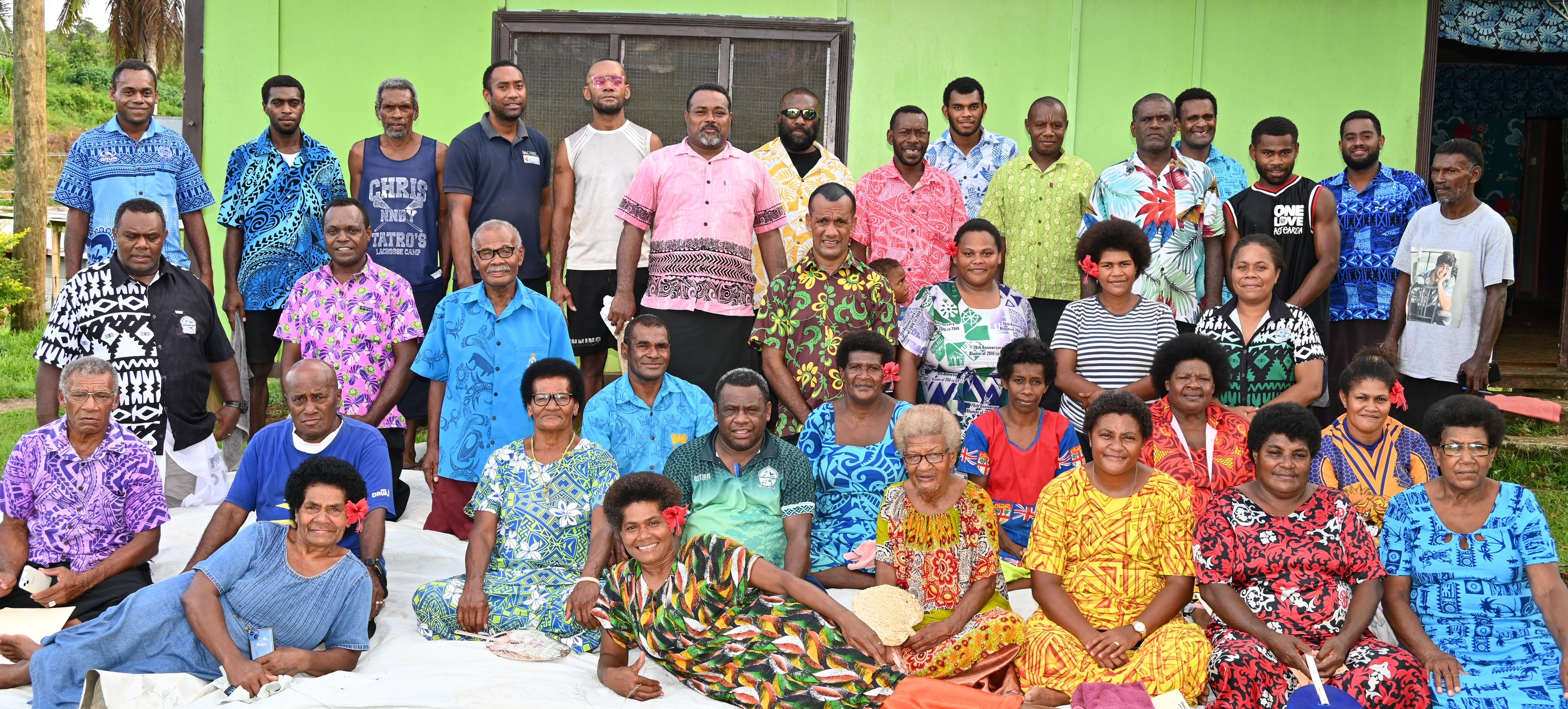TRAINING PARTICIPANTS EXPRESS GRATITUDE FOR TRANSFORMATIVE DALO TRAINING
March 5, 2025

The villagers of Nasau in the highlands of Ra have expressed profound appreciation for the three-day dalo training recently conducted in their community by the Ministry of Agriculture and Waterways.
The initiative, aimed at enhancing farming skills, improving farm management, and addressing key knowledge gaps, has brought new hope and tools for development to this remote area.
Participant Vilikesa Susu highlighted the importance of the training for the community, stating, that they thankful for this training and to the ministry for choosing their village as the training venue.
“People often assume that as farmers we know everything about planting and farming, but we also lack critical knowledge in areas such as farm management, literacy, and livestock practices. With the little knowledge we had and the new insights we’ve gained during this training, we are ready to implement and grow,” he said.
The training sessions focused on sustainable dalo cultivation methods, resource management, and literacy in farming practices.
For a village far from the main road and urban centers, this effort by the ministry was a significant step in connecting and empowering the community.
Adding a spiritual perspective, Mr. Malakai Namara, the village lay preacher, encouraged participants to embrace the opportunities presented by the training.
“The plans for the village are already here. Let us make use of the land and the wealth that surrounds us. The blessings we need are often right at our fingertips, but it is up to us to take action, work together, and make the most of what has been provided.”
He also reminded the farmers of their responsibility to the community and the environment.
“Our land is a gift, and how we use it reflects our faith and dedication to the well-being of our families and our village. By applying what we’ve learned, we can ensure a brighter future not just for ourselves, but for generations to come.”
His uplifting words inspired participants to view their land as both a resource and a shared treasure, encouraging them to work collaboratively and adopt a long-term vision for agricultural success.
The training is a commitment to empowering and uplifting rural communities as well as bridging the gap for remote farmers.
ENDS
